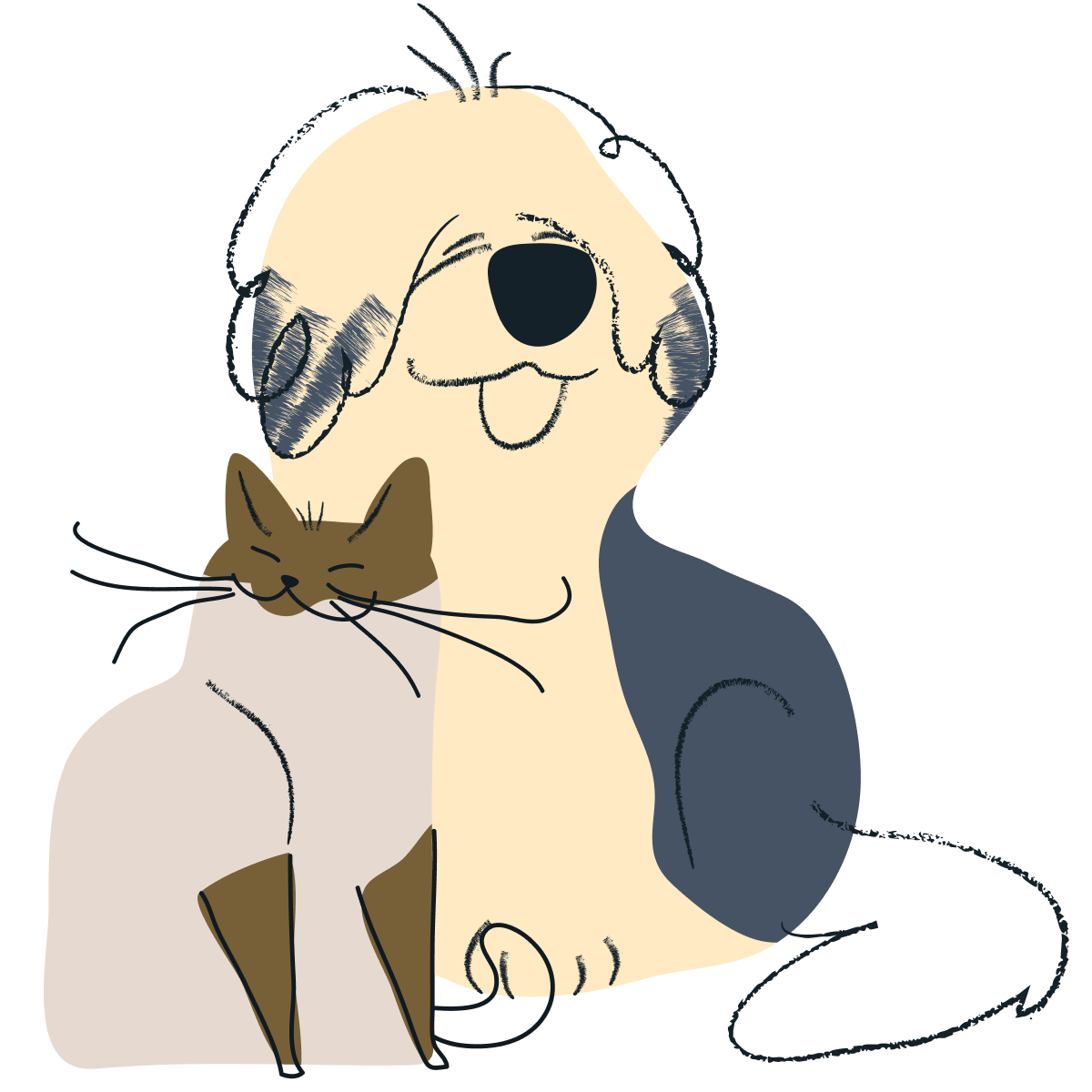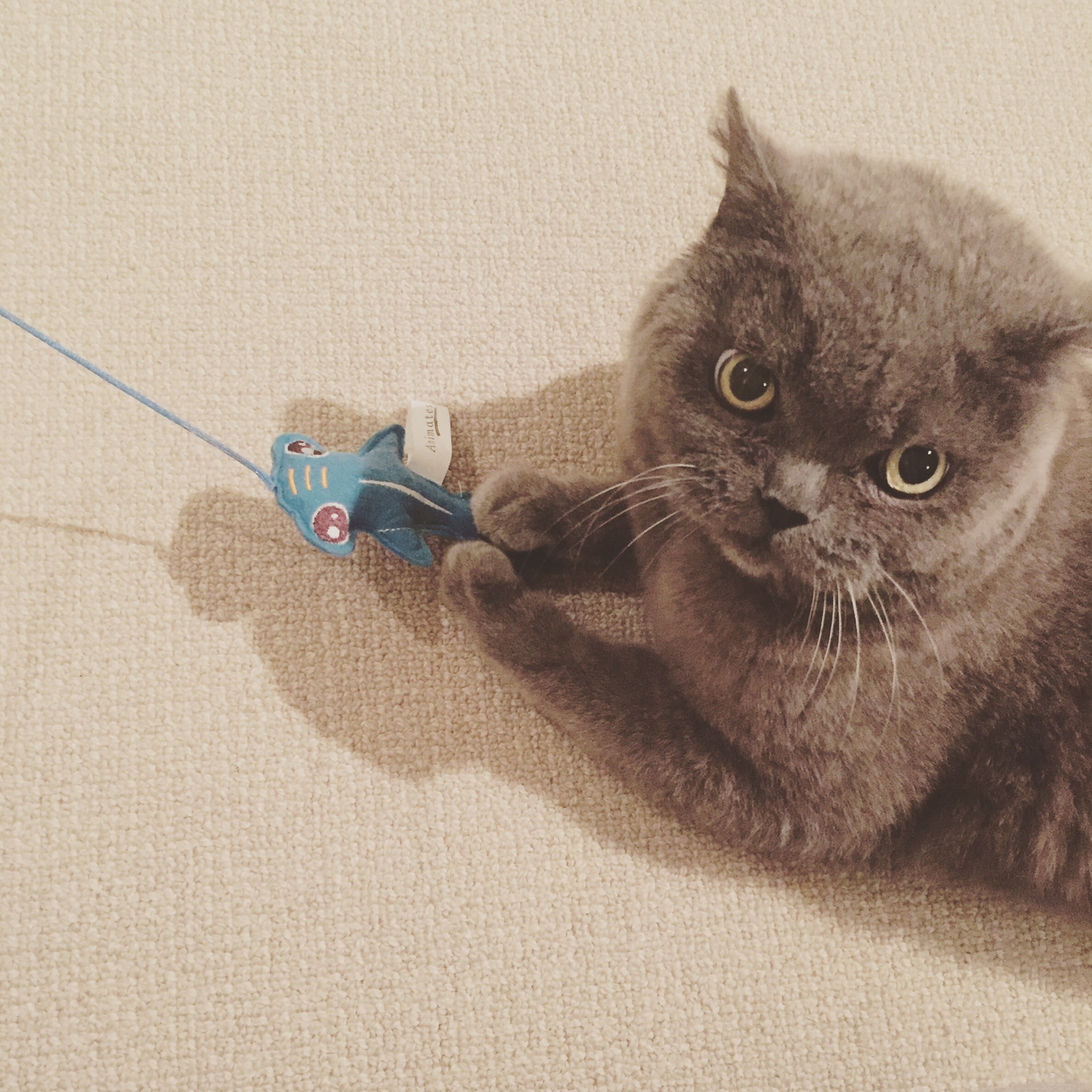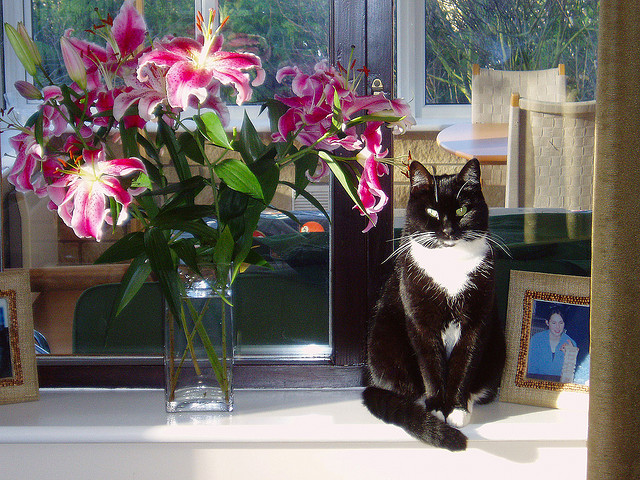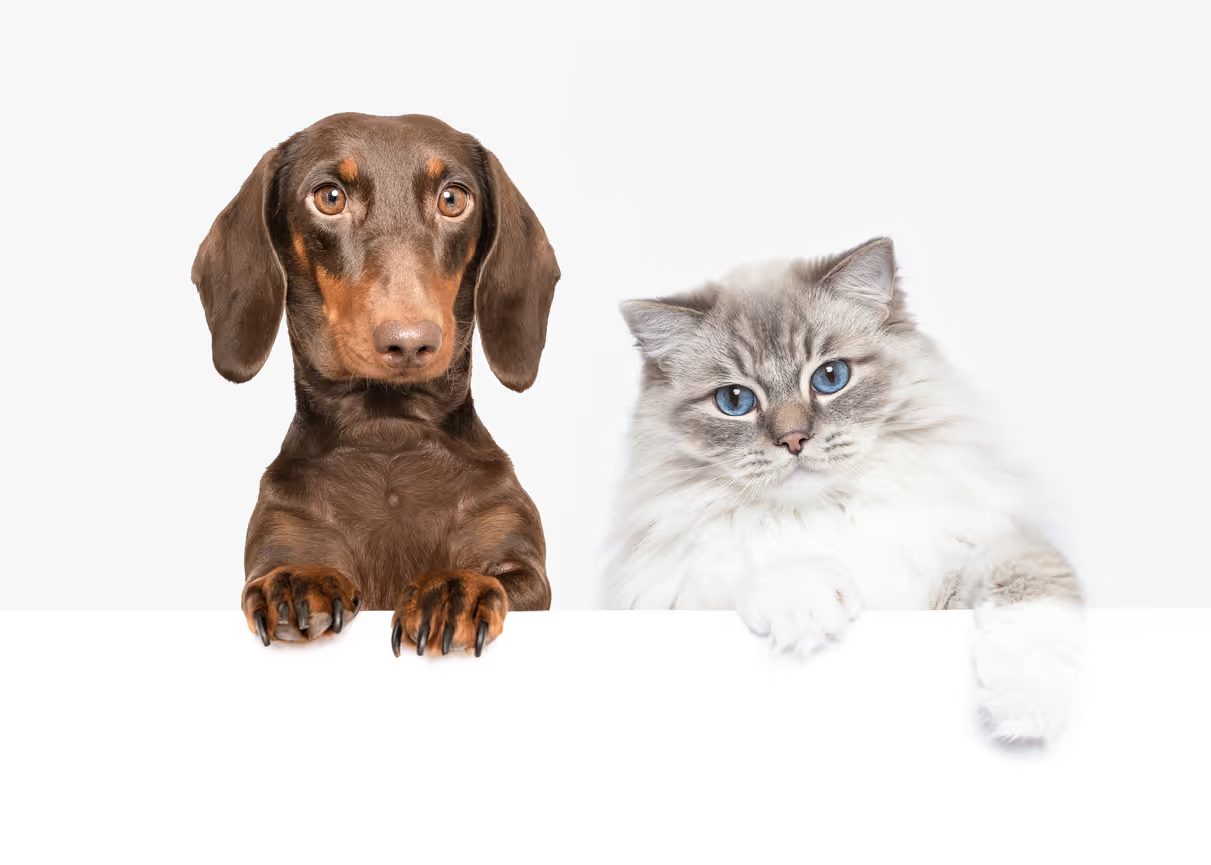Welcome to Mosman Vet — where your pet’s health and wellbeing are our top priority.
At Mosman Vet, we understand that pets are family. Our experienced team is committed to providing compassionate and personalised care for every animal we see. We invite you to experience the warm, welcoming atmosphere that makes Mosman Vet trusted by families across the North Shore.

Why Choose Mosman Vet for Your Pet
At Mosman Vet, we’re proud to be an independent, locally owned veterinary hospital. We prioritise personalised care and continuity, so every visit feels familiar, friendly and stress-free for both pets and their owners.
Independent and locally owned
A caring, experienced team of vets and nurses
Full-service clinic open 7 days
Your Pet's Health Matters
We offer a full range of veterinary services — all under one roof.
Checkups & Vaccinations
Comprehensive health checks and tailored vaccination plans to protect your pet at every stage of life. Because their wellbeing deserves our best, always.
Surgical Procedures
Advanced surgical care delivered with expertise and compassion. From routine desexing to complex procedures, your pet is in trusted hands.
Dental Services
Gentle, professional dental care to keep your pet’s mouth teeth and gums, comfortable, and pain-free.
House Calls & Euthanasia
Compassionate in-home visits for pets needing extra care, including gentle, peaceful goodbyes.
Puppy School
Practical training to help your pup learn good habits and grow into a confident companion.
New to Mosman Vet?
We’re here to help!
From booking your first appointment to walking through our doors, we’re here every step of the way. We’ll answer your questions, help you prepare, and ensure your pet feels safe, calm and cared for.
Your Visit
We’ll guide you through the booking and check-in process seamlessly.
Get Ready
Prepare for your visit with helpful tips and information.
Good care starts with Mosman Vet
Whether it’s a routine check-up, an unexpected issue or ongoing care, we’re here to help you make the best decisions for your pet’s health and wellbeing.
Pet Care Advice, Seasonal Tips & More
Explore practical guides, seasonal pet care tips, and emergency advice, all from your trusted local Mosman vets.

Keep the season fun but not too festive for your furry friends

Tips for renovating with pets

Wacky weeds: poisonous plants to avoid this summer
Get in touch with our helpful staff
We have a team of amazing, animal loving staff waiting to help you and your beloved pets!



.png)
.png)
.png)
.png)
